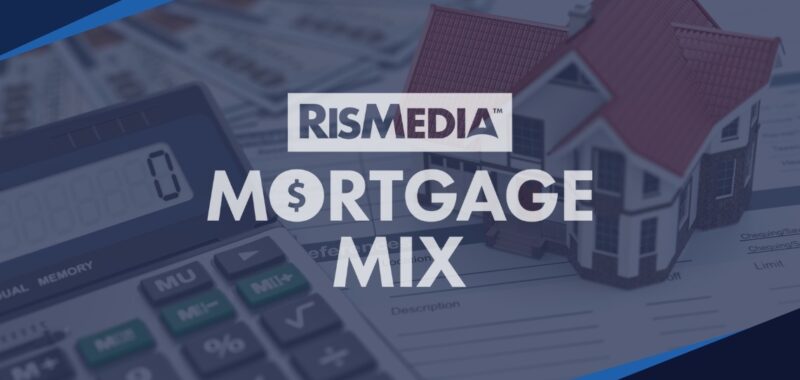Editor’s Note: The Mortgage Mix is RISMedia’s weekly highlight reel of need-to-know mortgage-industry happenings. Watch for it each Friday afternoon.
-One of the largest lenders in the country, Wisconsin-based Fairway Independent Mortgage, is the latest company found to be engaging in racial discrimination as part of a long-running federal anti-redlining initiative. According to the Department of Justice (DOJ), Fairway “for years discouraged homeownership in majority-Black areas” in Birmingham, Alabama, and failed to address “known signs of discrimination” in its business practices.
Despite agreeing to the consent order, Fairway released its own statement describing the investigation as politically motivated and denying “that the Company engaged in any discriminatory behavior.”
-With only a little more than three weeks before the election, mortgage industry spending on lobbying is way down from last year, according to National Mortgage News. The outlet reported that so far, major advocacy groups have spent $6.7 million, down from $12 million last year. A survey of around 100 mortgage professionals conducted by a company affiliated with National Mortgage News found that most support conservative policies and are “skeptical” of Vice President Kamala Harris.
-Texas-based Mr. Cooper announced a major shuffle in senior leadership, with the company saying it is focusing on new tech and AI. Chief Information Officer Sridhar Sharma will assume the role of executive vice president and chief innovation and digital officer, according to a release, while the company is adding Jeff Carroll, formerly with software giant Sabre; Prerna Kandhari, who most recently worked for Capital One bank; and David Graham, a former Royal Bank of Canada data chief, in senior leadership roles.
–Fannie Mae made the choice not to significantly alter its origination outlook for the year despite expectations for lower rates. According to Mark Palim, Fannie Mae’s chief economist, the “lock-in effect” remains a major factor, though an eventual increase in activity is still likely.
Fannie is expecting rates to hit 6% by the end of the year, however.
-Speaking of the GSEs, experts see the potential for Fannie Mae and Freddie Mac to emerge from the long government conservatorship, especially under a second Trump presidency. But with many challenges—political and economic—the likely path remains long and fraught.

